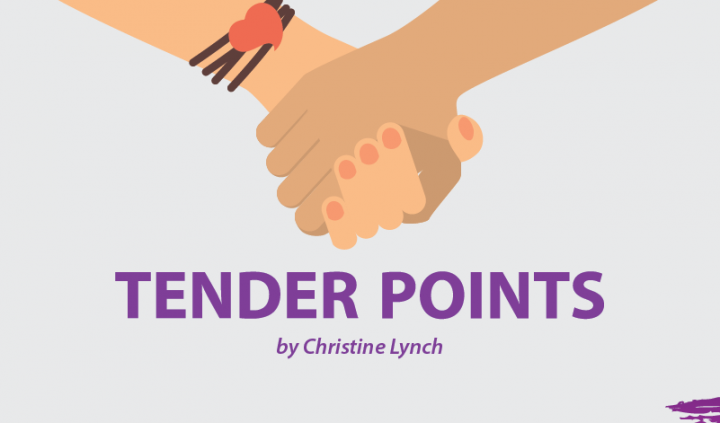What you’re about to read may shock you. Recent studies using neuroimaging techniques such as functional magnetic resonance imaging (fMRI) have shown that we get the pain we expect! Some experts refer to this effect as catastrophizing. An even more troubling result of these studies is the agreement by experts that the expectation of pain actually amplifies the pain experience. Shocking indeed!
It’s not that I doubt the study results. My concern is that I feel powerless to do anything about it. After decades of daily pain, how could I reasonably expect anything else?
It seems that negative thinking like catastrophizing leads to changes in the nervous system, which prime a person for future pain. Such thinking also triggers the fight or flight response, which has been linked to fibromyalgia pain. This is an example of a good thing gone awry. If working correctly, the fight or flight system is designed to alert the body to be on high alert for danger. Unfortunately, for those of us with fibromyalgia, this response is stuck in the “on” position much of the time, even when no danger is present. Over time, the fight or flight response (or acute stress response) has been shown to lower the body’s pain threshold.
The important question appears to be, “Is it possible for me not to expect the pain that has plagued me for most of my life?” I’m not sure that it is, completely. However, what I can do is minimize the time I spend thinking about it.
Suggestions for doing that include diversionary techniques. Some techniques that have been effective for me in the past include meditation and exercise. During each of these activities, the mind is focused on something other than pain, whether it’s present or anticipated. Now, more than ever before, I see the value of practicing these techniques on a regular basis.
Toward that end, I’m about to take my new dog for a walk — one of several he will get today. Because walking long distances is not something that my wobbly legs can do, we don’t go far on each walk. However, the effort does add up.
Yesterday, the Stepz app on my phone registered nearly 4,000 steps. That’s not even close to the 10,000 steps that healthy people strive to achieve. But I stopped comparing myself to them years ago. My only competition these days is with myself. I strive to do better than I’ve done in the past, forgiving myself on my most painful days and congratulating myself when I do well.
I’ve also rediscovered sedentary ways of diverting my brain. These days, I spend time doing crossword puzzles, an activity I haven’t done in years. Focusing on finding a six-letter word to fit the spaces is a healthier way to spend my downtime than focusing on my discomfort. Who knows? My efforts to thwart my pain may also prevent the onset of Alzheimer’s disease. There’s a silver lining everywhere if you look hard enough.
***
Note: Fibromyalgia News Today is strictly a news and information website about the disease. It does not provide medical advice, diagnosis, or treatment. This content is not intended to be a substitute for professional medical advice, diagnosis, or treatment. Always seek the advice of your physician or other qualified health provider with any questions you may have regarding a medical condition. Never disregard professional medical advice or delay in seeking it because of something you have read on this website. The opinions expressed in this column are not those of Fibromyalgia News Today, or its parent company, BioNews Services, and are intended to spark discussion about issues pertaining to fibromyalgia.



I find that I distract myself by several things including my job and career as a professor and tutor with a PhD, exercise, yoga, tai chi, and going out with my friends dancing, singing karaoke, shopping, and other actitivities. I also eat healthy and supplement when necessary and take vitamins along with my pain medications. I really take care of myself. In addition, I read and conduct research as part of my job and also when i have very rare downtime. I am very active and that helps the pain. Also I eat spicy foods which reduces pain since they contain capcasian and are cox 2 inhibitors
Love the article Christine — I agree that it’s great to find things you enjoy that can also be a distraction. Some days it’s really hard to get out of bed and go to work, but I always find I have less pain when I’m there because my brain has something to concentrate on. I know some people don’t like hearing that chronic pain can be caused by the brain’s processes going awry, but for me it feels empowering to think that there ARE things I can do like distraction, or retraining my brain. It gives me hope that maybe I can get to a point where one day this will go away. xxx
This article makes it sound like we are creating our own pain. “It’s just all in your head”. Made me feel very bad. I’m creating this thing
that’s disabled me for thirty years?